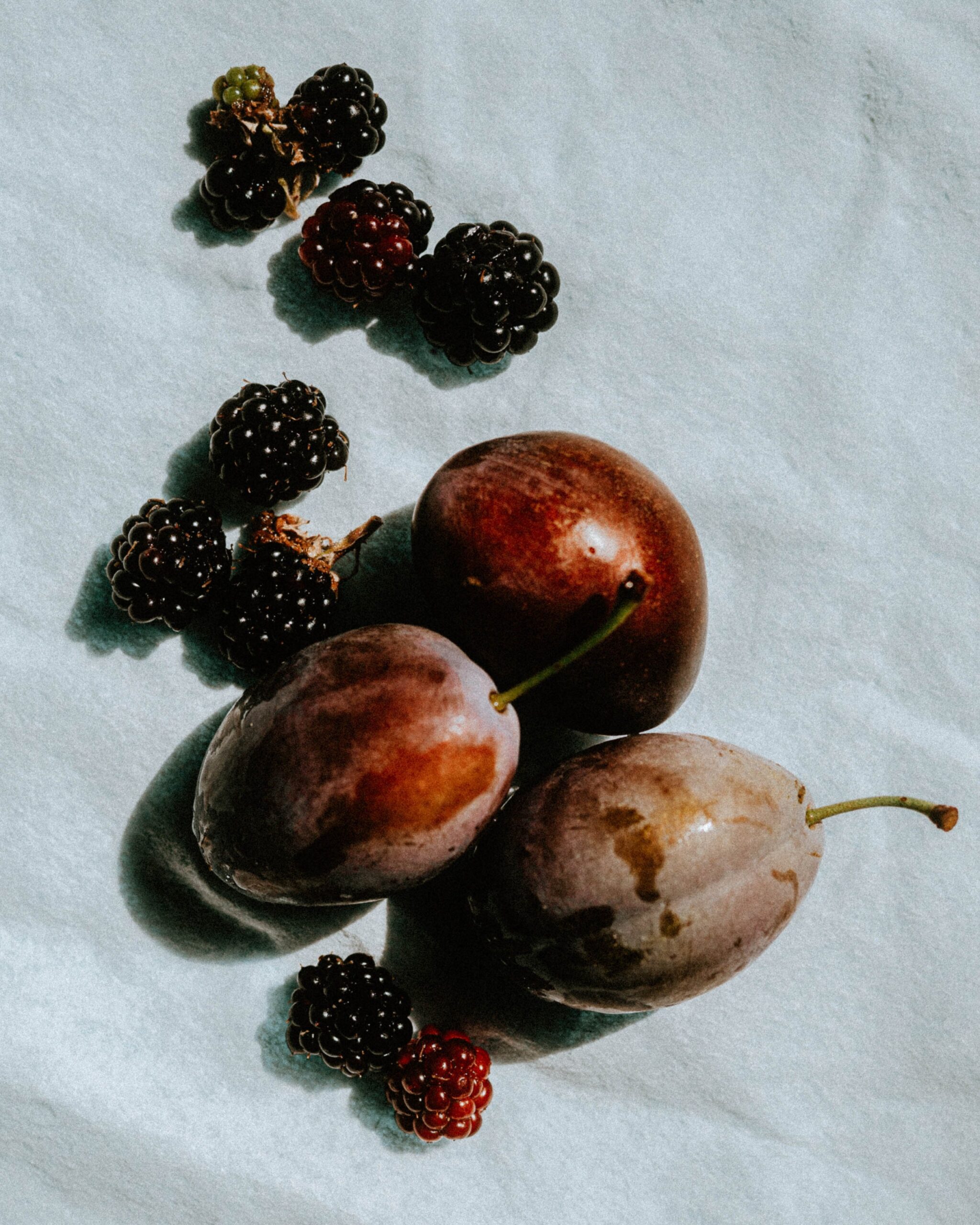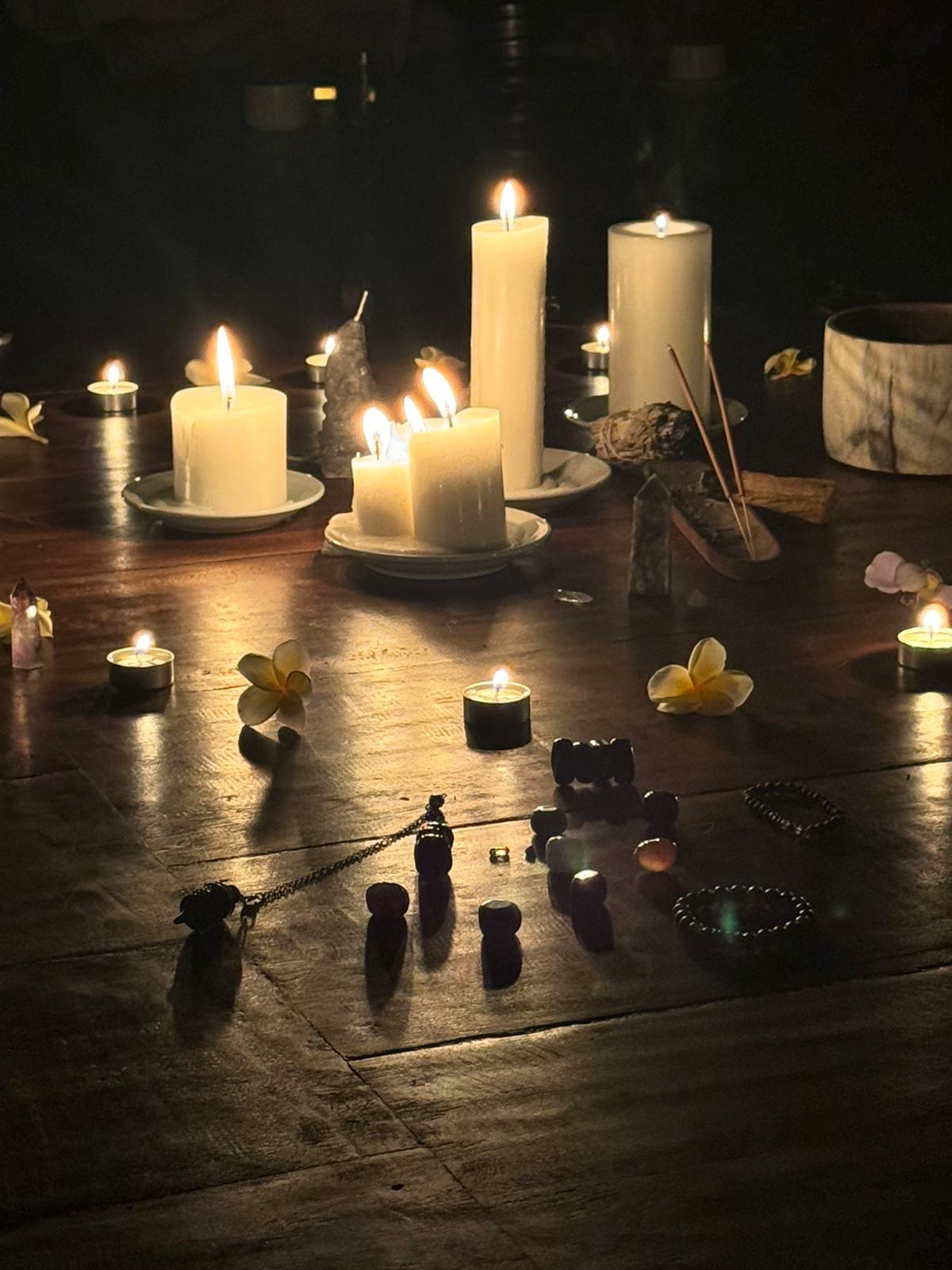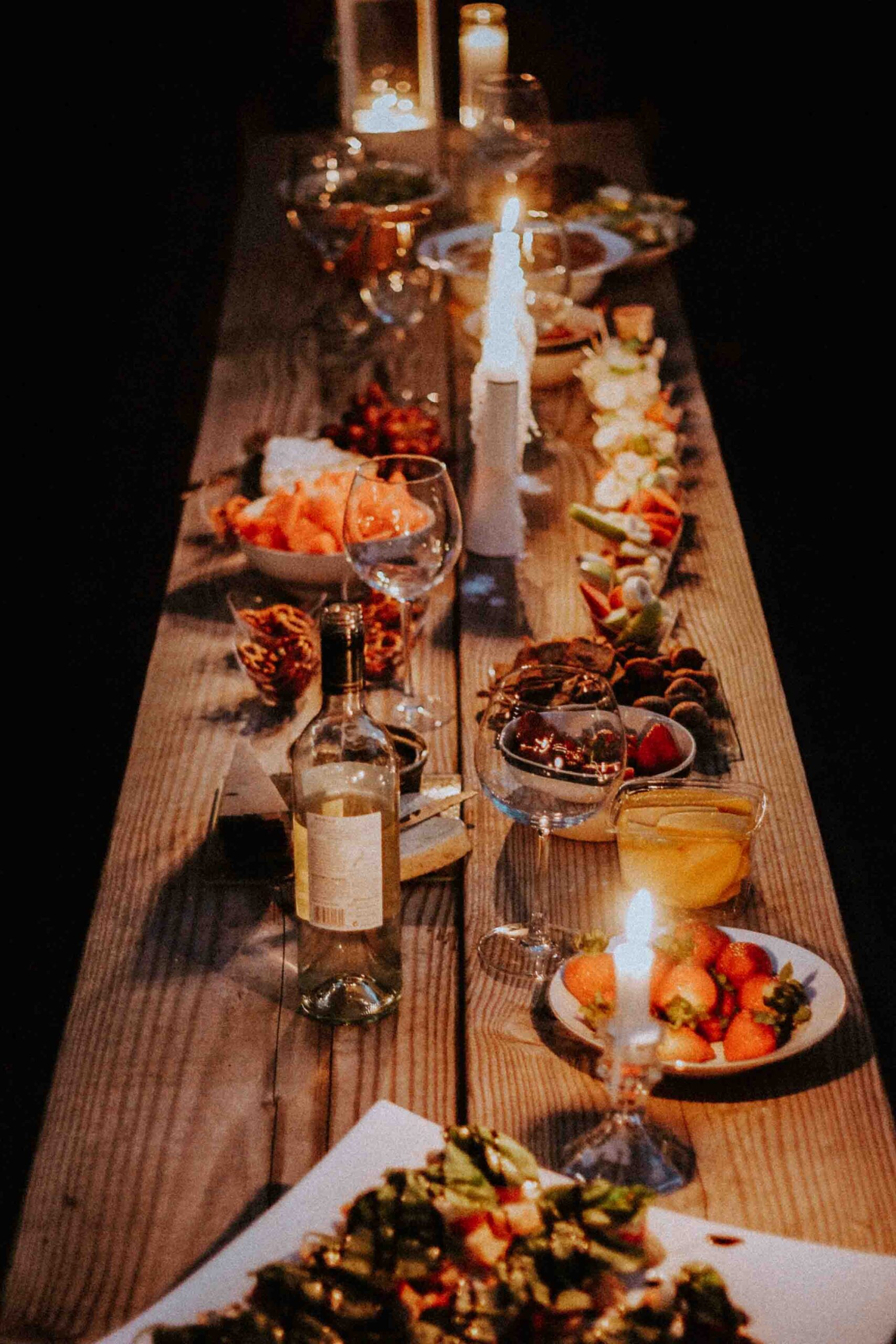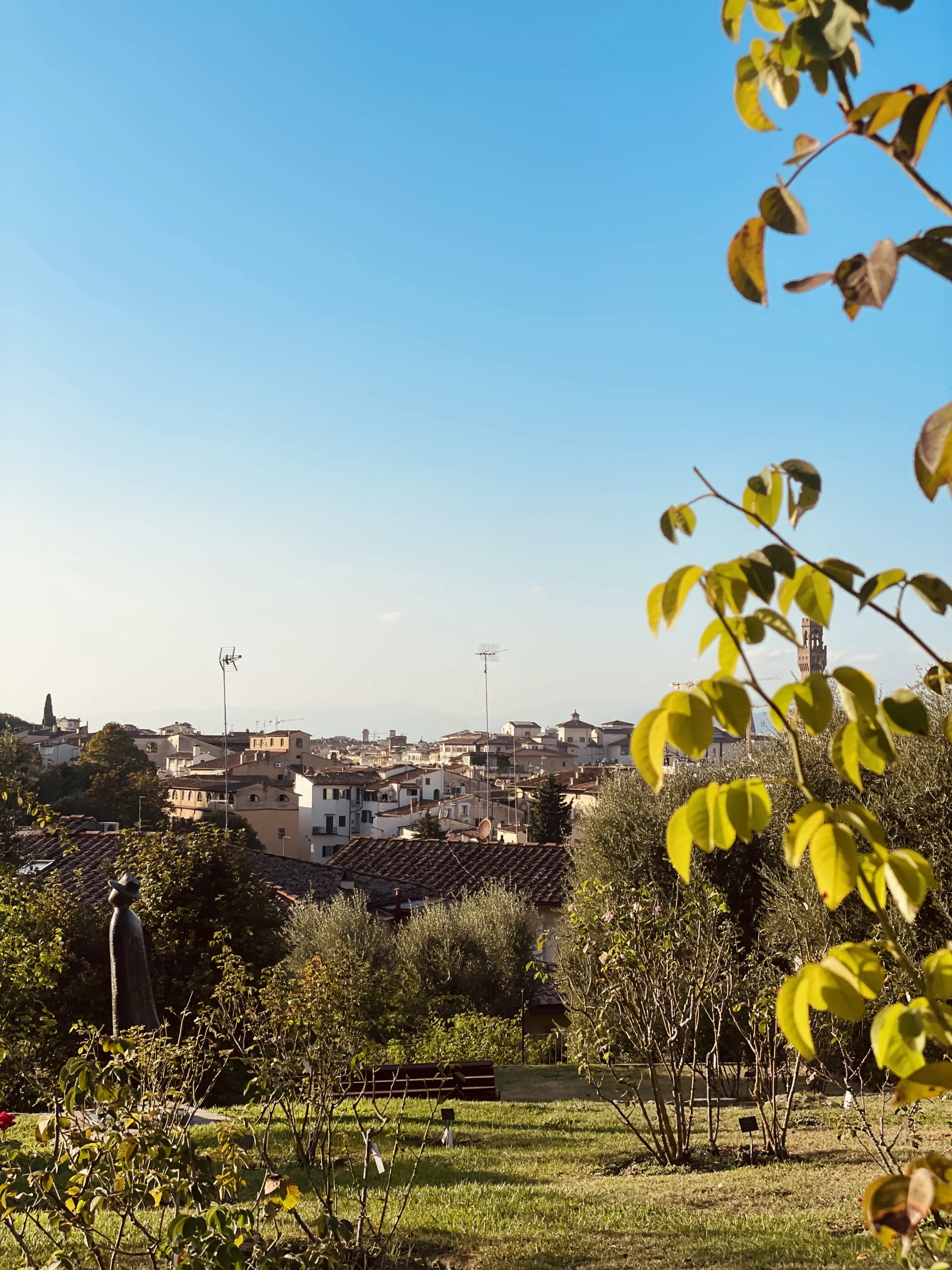On a rainy Sunday afternoon in Berlin, while most people were enjoying a cozy afternoon from the comfort of their home, I was finding shelter under the dense tree cover of Plänterwald, a densely forested area in southeast Berlin.
Along with 10 other curious people, I set out along the dirt trails to find what was hiding in the local forest. What we discovered changed our mindsets and our palettes. We were learning how to forage for “wild” food guided by fermentation experts from Edible Alchemy.
As we made our way through the forest we learned that there is more than what meets the eye. We plucked, snipped, and tasted plants right from the earth. My senses were having a field day with the new textures and flavors, some had notes of mustard (Wonderlach), while others were undeniably lemony (Young Beech Tree leaves).
For some, like a Wood Avon, we learned it’s not the leaves you’re after but rather the roots with a seemingly exotic scent that could be easily mistaken for cloves if you were blindfolded.
By the end of the workshop, my basket was filled with leafy greens packed with flavors that would make a Michelin Starred chef envious, all readily and freely available to me just 20 minutes from my apartment in central Berlin.
Reconnecting With Food
My biggest takeaway from the day (besides the tasty wild garlic) was that we are fundamentally disconnected from our food.
While trends like ingredient transparency and plant-based eating have been gaining popularity, most of us, myself included, are oblivious to the plethora of the food that grows naturally around us.
That is until the Corona Virus took the global food supply chains by storm, and showed us what empty grocery store shelves look like on a global scale. We were forced to reconsider the way we approach food.
With nowhere to be, we engaged with more resilient approaches toward food. Our Instagram feeds were filled with people learning how to pickle and ferment, bake bread from scratch, grow produce in a garden, and some even learning to forage for their own food.
*Disclaimer: This article contains affiliate links, meaning if you click on a link and purchase something I earn a small commission.
Rewilding Foods Future
With the future being uncertain, and scientists warning that pandemics and natural disasters could be happening more regularly, we will continue to see people find a sense of security through learning and developing skills that allow them to provide for themselves.
We’re already seeing a rise in utilizing community and urban gardens, as well as at-home solutions like DIY seed starter kits, and hydroponic gardens that will continue to become more normalized in the home.
We are seeking to be resilient and obtain a level of self-sufficiency.
As we reconnect to rewilded food, naturally our pallets will shift and we will crave whole natural foods.
We will shift the value focus from convenience to quality. We will see mealtime as a time to recharge and nourish ourselves, rather than as a chore.
This will carry over into our dining out expectations, spending our time and money in restaurants where the food is sourced locally, low carbon, and low to zero waste, will become the standard rather than a status symbol.
How to Start Rewilding Your Food
You don’t have to go out into the forest and forage your dinner to start rewilding your food. Rewilding your food can be done in many different ways. It starts with bringing awareness and intention to the types of food you are eating, which is a key pillar of consciously living just applied to the food aspect of life.
Rewilding your food could mean:
Planting a garden and growing some of your own food
Buying hyperlocal produce from a farm focused on regenerative agriculture
Endugling at “wild resturants”
Joining a community garden
Setting up a hydroponic farm in your house
Baking your own bread
Join a cacao ceremony
Try a Mushroom Growing Kit
Books to Read About Rewilding Food
If you want to dive deeper into the topic of rewilding food these are the books you should add to your reading list:











